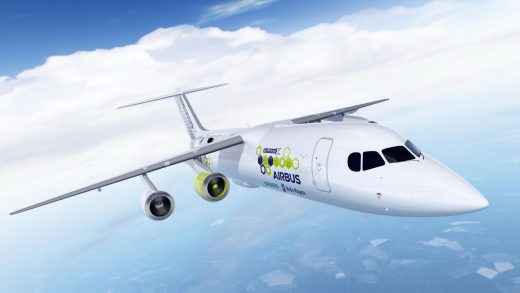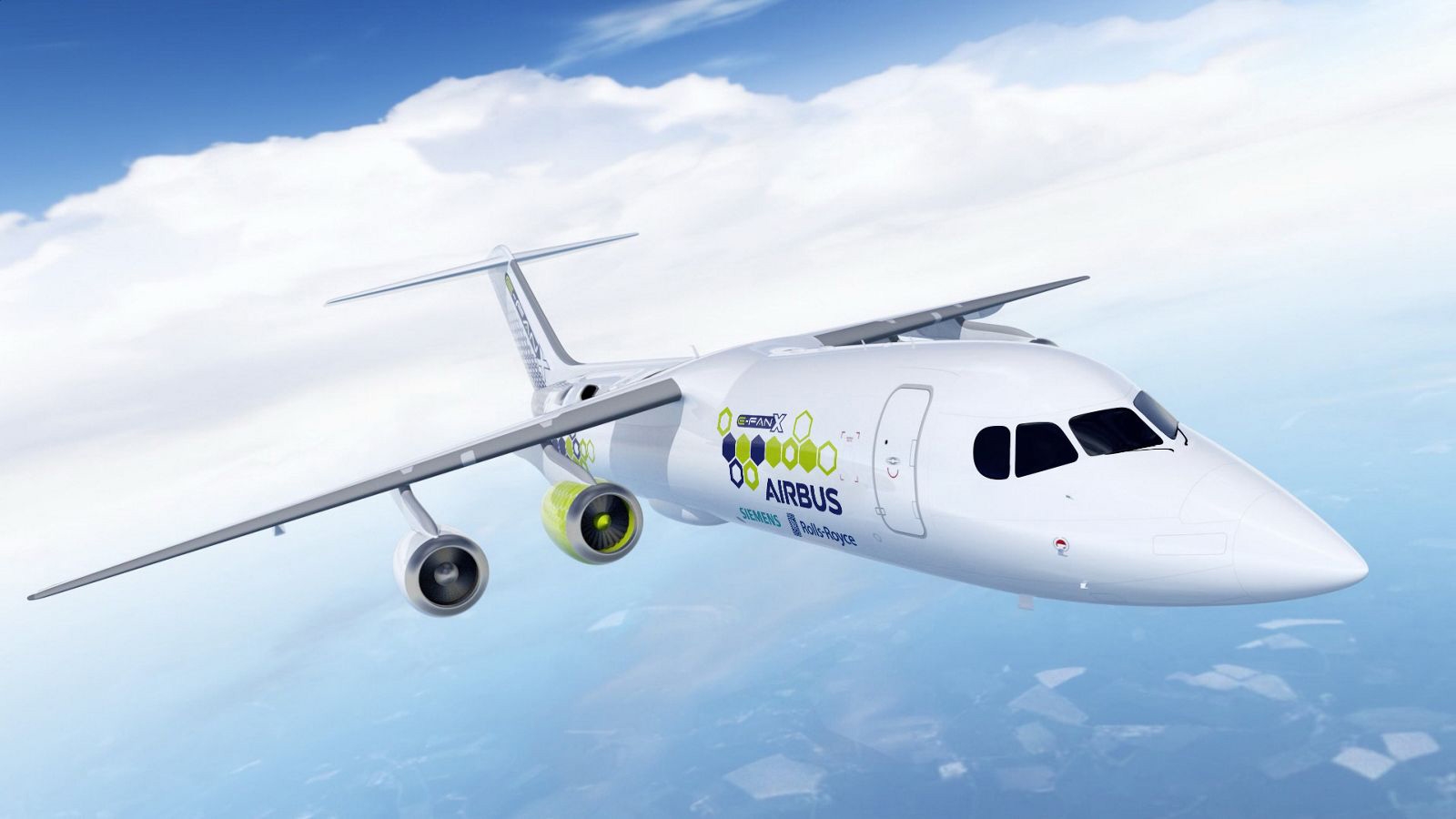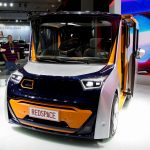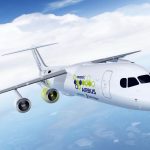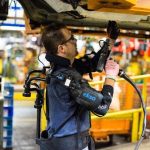Airbus, Rolls-Royce and Siemens team on a hybrid electric aircraft
Purely electric aircraft are still in their relative infancy. Hybrid aircraft, however? They’re closer than you think. Airbus, Rolls-Royce and Siemens are partnering on a hybrid electric aircraft prototype, the E-Fan X, that will prove the mixture of conventional and electric engines will work. The demonstrator will modify a BAe 146 by replacing one of its gas turbine engines with a 2MW electric motor, followed by a second if everything goes smoothly. It’s currently slated to fly sometime in 2020.
The trio hopes that E-Fan X will quickly “mature” hybrid aircraft and lead to an honest-to-goodness commercial single-aisle aircraft. It could be a long while before you’re flying aboard a hybrid jumbo jet, then, but this could lead to short-hop aircraft that consume much less fuel. And that’s bound to be helpful in reducing not just emissions, but running costs. Carriers may have a vested interest in adopting these vehicles simply because they could improve the bottom line — helping the environment would be a nice (if important) bonus.
(37)

